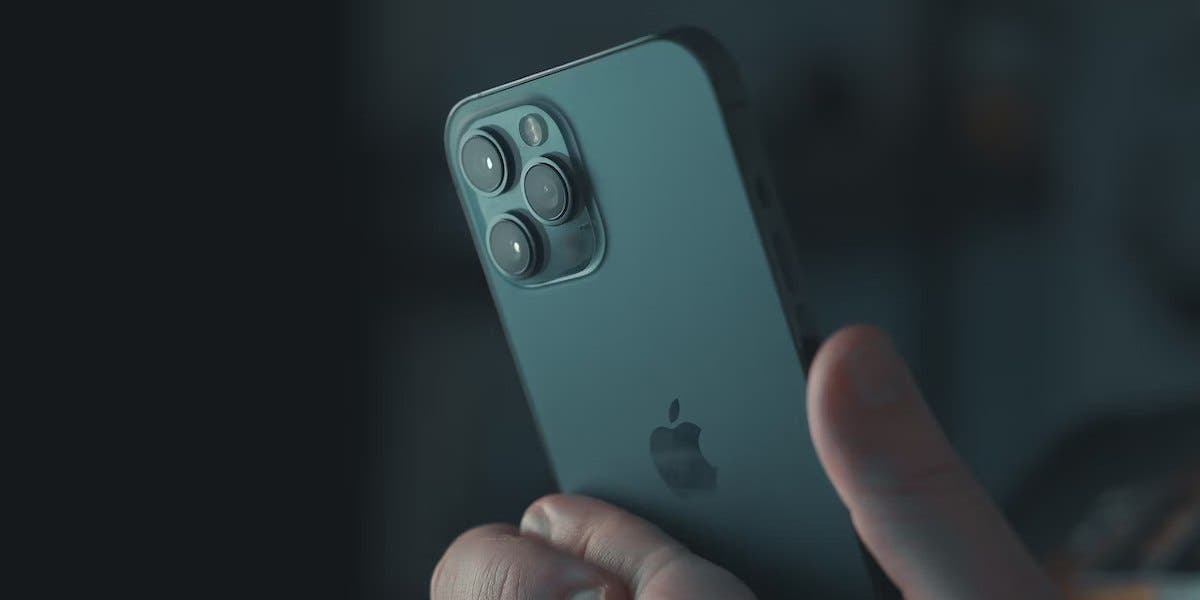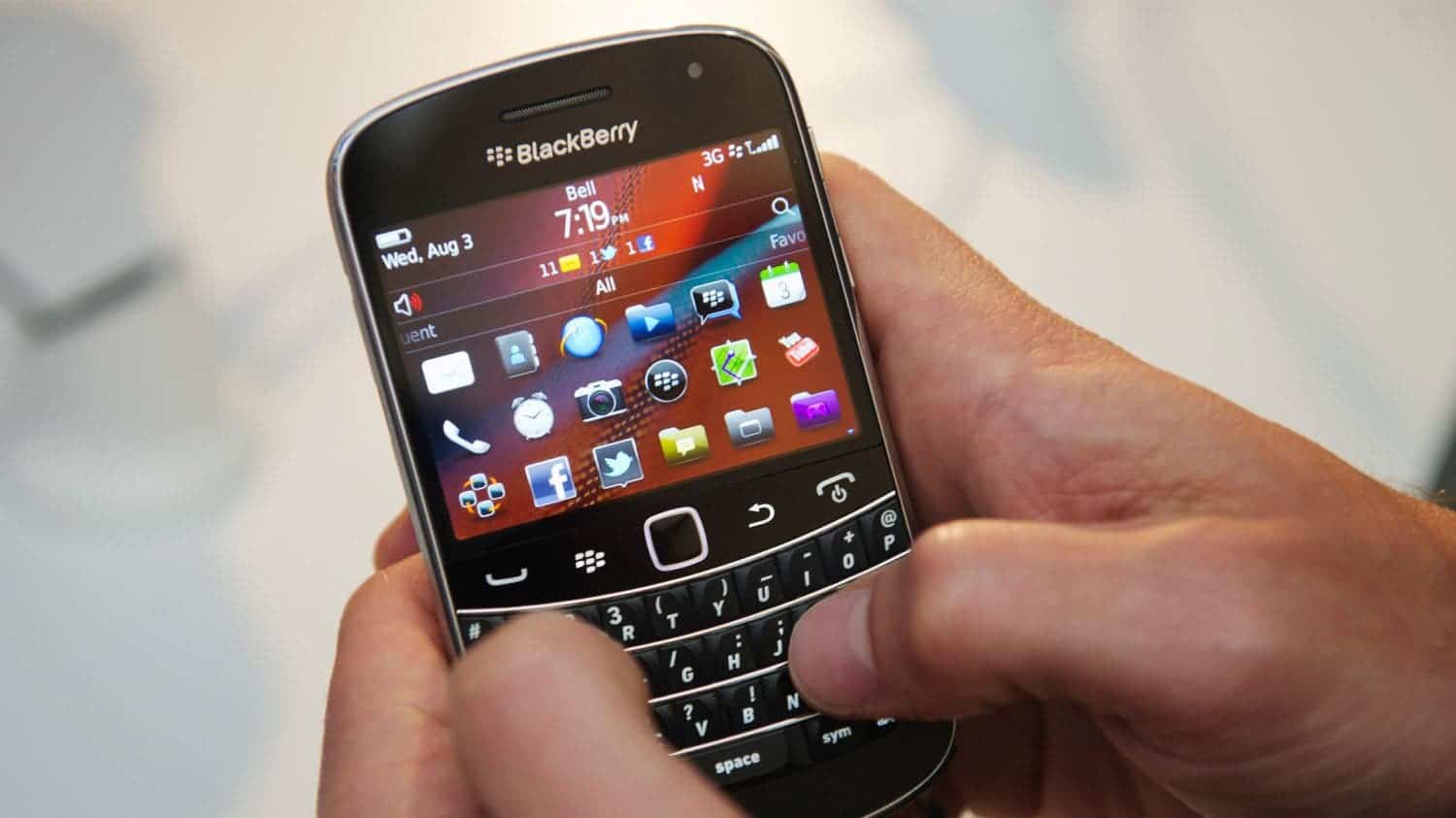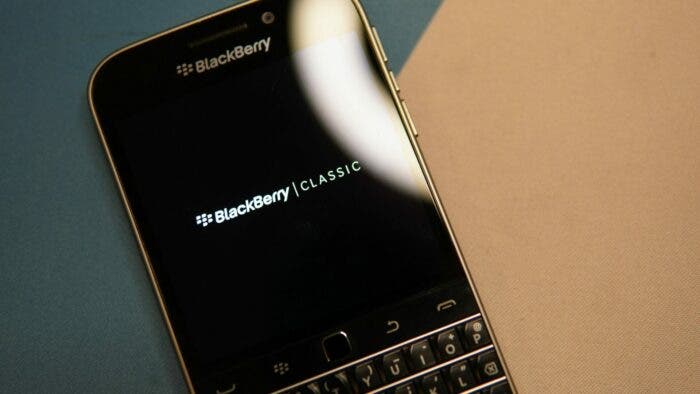There is a recurring narrative in the hi-tech age of the progression from invention to failure. The movie “BlackBerry” from Canada shows how the BlackBerry phone started strong but ended badly due to competition, greed, and business failure. It’s an example of this pattern.
BlackBerry’s rise and iconic status
Back in the 1990s, Canadian engineers Mike Lazaridis and Doug Fregin made a pager that could handle email, a huge tech jump. Lazaridis knew electronics, Fregin led the team, mixing skills and leadership for a productive and fun workplace. This early stage of innovation served as the foundation for the first phones from this brand.
Also read: Blackberry Sold Its Existing Patents For $600 Million
This firm which was known as Research In Motion (RIM) changed how we are in touch with its first smartphone models. The smartphones’ QWERTY keyboards and secure email features made them popular with business people and high-end users. The brand was linked to status and privacy, owned by top business people and world leaders.
Disruption and decline of the iPhone
The launch of Apple’s iPhone in 2007 marked a turning point. The iPhone’s touch-screen and easy-to-use features disrupted the smartphone market, even affecting BlackBerry’s main corporate customers. What this brand did was the Storm touchscreen phone. But the latter had no chances against Apple and failed. Many analysts and common users think that this company just gave up and didn’t want to come in with new ideas. In effect, it lost its market share and customer loyalty.

BlackBerry’s problems involved both business dynamics and leadership. Jim Balsillie’s management added rules and quick growth, harming the company’s creative start. The company struggled with fast tech changes and what people liked, making issues worse when facing problems.
Missed chances and lack of new ideas at BlackBerry
BlackBerry’s failure to embrace innovation and reluctance to broaden its product line were key factors in its demise. Unlike rivals such as Apple and Samsung, BlackBerry failed to update its operating system and offer exciting new features, resulting in a stagnant product portfolio. BlackBerry’s refusal to adapt led to lost market share as rivals innovated and used touchscreens.
The BlackBerry Torch and Priv were part of BlackBerry’s almost last efforts to bounce back. But, poor execution and a lack of big ideas led to failure. BlackBerry’s downfall was not keeping up with fast-changing smartphones. In other words, the team was unable to generate new ideas as fast as it should.
Shift to IoT and cybersecurity services
In response to the decline of its mobile business, this brand turned its attention to infosec and Internet of Things (IoT) services. The execs on the top of the pyramid understood that it needed to change and adapt to new markets in order to thrive. BlackBerry lost its leading position in the smartphone market, but its reputation for security remained intact.

BlackBerry’s story teaches digital companies: to innovate, adapt, and follow the market’s lead. The BlackBerry story illustrates how a lack of strategic vision and a refusal to change can make even the most successful companies irrelevant. BlackBerry’s legacy serves as a reminder of the ever-evolving nature of the IT industry as it reinvents itself in infosec and IoT.





